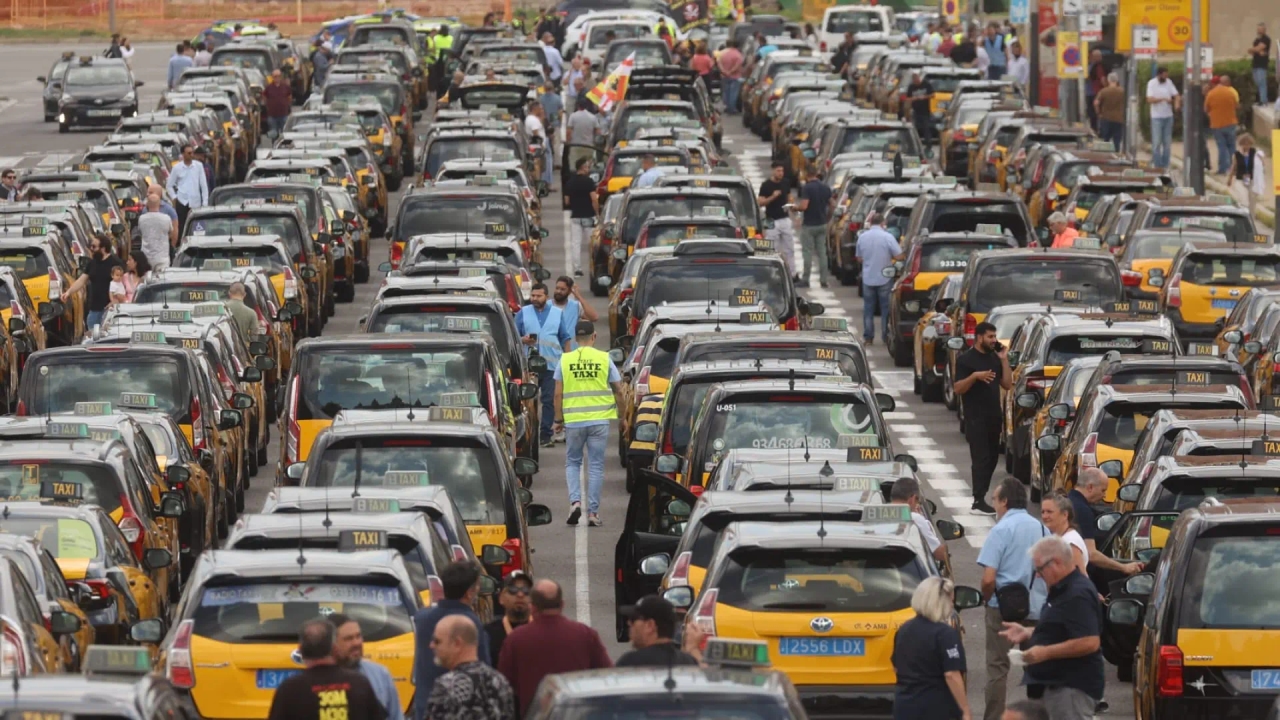Daylight saving time in October 2025: This is the day we return to winter time.

As autumn approaches, the days are getting shorter, and this is the prelude to the long-awaitedtime change as Spain—and other European countries—adapt to winter time. It will be at the end of October when the clocks will need to be adjusted , so it's a good idea to mark the date on your calendar to avoid confusion.
Thus, as established by current legislation, the winter time change in Spain takes place on the last weekend of October , in the early hours of Saturday the 25th to Sunday the 26th.
This time, unlike the spring time change, the clocks will be set back, so 3:00 a.m. will be 2:00 a.m. This means that Sunday will officially last one hour longer, or 25 hours. In the Canary Islands, the clocks will move from 1:00 a.m. to 2:00 a.m.
On most electronic devices, this change is done automatically , so there's no need to manually change the clocks on mobile phones, tablets, smartwatches, or smart TVs.
The first obvious effect this time change will have on everyone will be reflected in daylight hours , as dawn will come earlier, but it will also set an hour earlier.
Although this change has always been justified by the need to reduce energy consumption in order to make better use of sunlight, its effectiveness has been increasingly questioned for almost a decade, especially with regard to the change in summer.
In 2018, a proposal was submitted to the European Council to abolish this seasonal time change, which occurs twice a year in EU countries. However, the measure has since fallen on deaf ears, and "no final decision" has been taken, nor has any deadline been set for a decision that would change the current system, according to the organization's website .
For its part, the European Parliament voted in 2019 to abolish the two time changes for 2021, but this ultimately did not happen, as both the Council and Parliament must reach an agreement to approve legislation to eliminate this seasonal time change.
In Spain, a commission of experts concluded in 2019 that it was not advisable to "make any hasty changes to time zones without a shared consensus and practical communication among our citizens about the risks and opportunities involved."
Royal Decree 236/2002, published in the Official State Gazette (BOE) in 2022 , officially establishes the start and end dates for daylight saving time for a five-year period. For this reason, no changes are expected until at least after October 2026, when the final announced adjustment will take place.
20minutos





